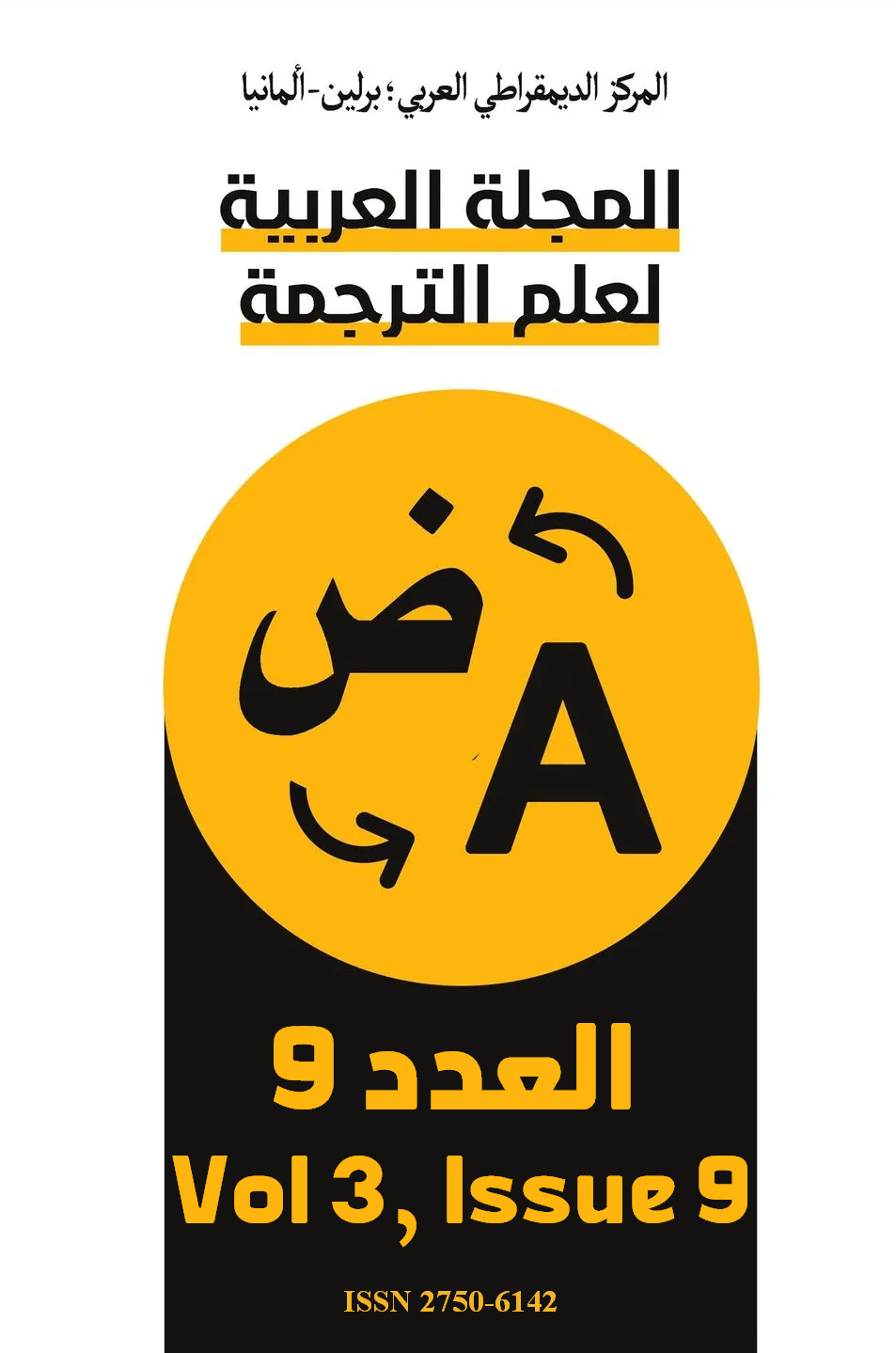From ‘Dangerous Classes’ to ‘Quiet Rebels: Politics of the Urban Subaltern in the Global South
DOI:
https://doi.org/10.63939/AJTS.ns36q733Keywords:
Developing Countries, Everyday Resistance, Globalization, Quiet Encroachment, Street PoliticsAbstract
A major consequence of the new global restructuring in the developing countries has been the double process of integration, on the one hand, and social exclusion and informalization, on the other. These processes, meanwhile, have meant further growth of a marginalized and deinstitutionalized subaltern in Third World cities. How do the urban grassroots respond to their marginalization and exclusion? What form of politics, if any at all, do they espouse? Critically navigating through the prevailing perspectives including the culture of poverty, survival strategy, urban social movements and everyday resistance, the article suggests that the new global restructuring is reproducing subjectivities (marginalized and deinstitutionalized groups such as the unemployed, casual labor, street subsistence workers, street children and the like), social space and thus a terrain of political struggles that current theoretical perspectives cannot on their own account for. The article proposes an alternative outlook, a ‘quiet encroachment of the ordinary’, that might be useful to examine the activism of the urban subaltern in the Third World cities.
Downloads
References
Abu-Lughod, L. (1990). The Romance of Resistance: Tracing Transformations of Power Through Bedouin Women. American Ethnologist, 17(1), 41–55 DOI: https://doi.org/10.1525/ae.1990.17.1.02a00030
Arevalo, P. (1997). Huaycan Self-Managing Urban Community: May Hope be Realized. Environment and Urbanization, 9(1), 59-79 DOI: https://doi.org/10.1630/095624797101287444
Bayat, A. (1997). Cairo’s Poor: Dilemmas of Survival and Solidarity. Middle East Report, 202, 2-6 DOI: https://doi.org/10.2307/3013030
Bayat, A. (1997). Street Politics: Poor People’s Movements in Iran. New York: Columbia University Press
Brown, M. (1996). On Resisting Resistance. American Anthropologist, 98(4), 729-49 DOI: https://doi.org/10.1525/aa.1996.98.4.02a00030
Brown, N. (1990). Peasant Politics in Modern Egypt: The Struggles vs. the State. New Haven, CT: Yale University Press DOI: https://doi.org/10.2307/j.ctt2250w00
Castells, M. (1983). The City and Grassroots. Berkeley: University of California Press
Cohen, R. (1982). Cities in Developing Societies. In H. Alavi and T. Shanin (Eds.). Introduction to the Sociology of ‘Developing Societies’ (pp. 366-86). London: Macmillan DOI: https://doi.org/10.1007/978-1-349-16847-7_29
Cole, M., & Hill, D. (1995). Games of Despair and Rhetorics of Resistance: Postmodernism, Education and Reaction. Journal of Sociology of Education, 16(2), 133-50 DOI: https://doi.org/10.1080/0142569950160203
Draper, H. (1978). Karl Marx’s Theory of Revolution. New York: Monthly Review Press
Escobar, E. (1995). Encountering Development. Princeton, NJ: Princeton University Press
Fanon, F. (1967). The Wretched of the Earth. Harmondsworth: Penguin
Foucault, M. (1972). Knowledge/Power. New York: Pantheon
Friedmann, J. (1989). The Dialectic of Reason. International Journal of Urban and Regional Research, 13(2), 217-44 DOI: https://doi.org/10.1111/j.1468-2427.1989.tb00116.x
Ghannam, F. (1997). Relocation and Use of Urban Space. Middle East Report, 202, 17-20 DOI: https://doi.org/10.2307/3013034
Giddens, A. (2000). Sociology. Oxford: Polity Press
Gordon, D. (1988). The Global Economy: New Edifice or Crumbling Foundations? New Left Review, 168, 24-64
Hoodfar, H. (1997). From Marriage to Market. Berkeley: University of California Press
Hoogvelt, A. (1997). Globalization and the Postcolonial World. Baltimore, MD: The Johns Hopkins University Press
Hourcade, B. (1989). Conseillisme, Classe Sociale et Space Urbain: Les squatters du sud de Tehran, 1978–1981. In K. Brown et al. (Eds.). Urban Crisis and Social Movements in the Middle East. Paris: Editions L’Harmattan
Huntington, S. (1968). Political Order in Changing Society. Ithaca, NY: Yale University Press
Huntington, S. & Nelson, J. (1976). No Easy Choice: Political Participation in Developing Countries. Cambridge, MA: Harvard University Press DOI: https://doi.org/10.4159/harvard.9780674863842
Kuppinger, P. (1997). Giza Spaces. Middle East Report, 202, 14-16 DOI: https://doi.org/10.2307/3013033
Leeds, A. (1971). The Concept of the “Culture of Poverty: Conceptual, Logical and Empirical Problems with Perspectives from Brazil and Peru. In E.B. Leacock (Ed.). The Culture of Poverty: A Critique. New York: Simon and Schuster
Leeds, A. & Leeds, E. (1976). Accounting for Behavioral Differences: Three Political Systems and the Responses of Squatters in Brazil, Peru, and Chile. In J. Walton and L. Magotti (Eds.). The City in Comparative Perspective (pp. 193–248). London & New York: John Wiley
Lenin, V. I. (1973). What Is To Be Done. Beijing: Foreign Languages Press
Lewis, O. (1959). Five Families: Mexican Case Studies in the Culture of Poverty. New York: Basic Books
Lewis, O. (1961). The Children of Sanchez: Autobiography of a Mexican Family. New York: Random House
Lewis, O. (1966). La Vida: A Puerto Rican Family in the Culture of Poverty. New York: Random House
McAdam, D., Tarrow, S., & Tilly, C. (1997). Towards an Integrated Perspective on Social Movements and Revolution. In M. I. Linchbach & A Zuckerman (Eds.). Comparative Politics: Rationality, Culture and Structure. Cambridge: Cambridge University Press
McGee, T. G. (1979). The Persistence of Proto-Proletariat: Occupational Structures and Planning of the Future of Third World Cities. In J. Abu-Lughod & R. Hay (Eds.). Third World Urbanization (pp. 257-70). New York: Methuen
Macleod, A. (1991). Accommodating Protest: Working Women, the New Veiling, and Change in Cairo. New York: Columbia University Press
McNally, D. (1998). Globalization on Trial: Crisis and Class Struggle in East Asia. Monthly Review, 50(4), 1-13 DOI: https://doi.org/10.14452/MR-050-04-1998-08_1
Melucci, A. (1994). A Strange Kind of Newness: What’s “New” in New Social Movements? In E. Larana et al. (Eds.). New Social Movements (pp. 101-30). Philadelphia, PA: Temple University Press
Nelson, J. (1970). The Urban Poor: Disruption or Political Integration in Third World Cities. World Politics, 22, 393-414 DOI: https://doi.org/10.2307/2009603
Park, R. (1928). Human Migration and Marginal Man. American Journal of Sociology, 33(6), 881-93 DOI: https://doi.org/10.1086/214592
Perlman, J. (1976). Myth of Marginality. Berkeley: University of California Press
Pile, S. (1997). Opposition, Political Identities and Spaces of Resistance. In S. Pile & M. Keith (Eds.). Geographies of Resistance (pp. 1-32). London: Routledge
Piven, F. & Cloward, R. (1979). Poor People’s Movements: Why They Succeed, How They Fail. New York: Vintage
Reeves, E. B. (1995). Power, Resistance and the Cult of Muslim Saints in a Northern Egyptian Town. American Ethnologist, 22(2), 306-22 DOI: https://doi.org/10.1525/ae.1995.22.2.02a00050
Schuurman, F. & Van Naerssen, T. (1989). Urban Social Movements in the Third World. London: Croom Helm
Scott, J. (1985). Weapons of the Weak: Everyday Forms of Peasant Resistance. New Haven, CT and London: Yale University Press
Scott, J. (1986). Everyday Form of Peasant Resistance. The Journal of Peasant Studies, 13(2), 5-35 DOI: https://doi.org/10.1080/03066158608438289
Singerman, D. (1995). Avenues of Participation: Family, Politics, and Networks in Urban Quarters of Cairo. Princeton, NJ: Princeton University Press DOI: https://doi.org/10.1515/9781400851768
Stiefel, M. & Wolfe, M. (1994). A Voice for the Excluded: Popular Participation in Development. London: Zed Books
Stonequist, E. (1935). The Problem of the Marginal Man. American Journal of Sociology, 41(1), 1-12 DOI: https://doi.org/10.1086/217001
Valentine, C. (1968). Culture and Poverty: Critique and Counter Proposals. Chicago, IL: University of Chicago Press
Vandemoortele, J. (1990). The African Employment Crisis of the 1990s. In C. GreyJohnson (Ed.). The Employment Crisis in Africa. Harare: African Association for Public Administration and Management
Webster, N. (1995). The Role of NGDOs in Indian Development: Some Lessons from West Bengal and Karnataka. The European Journal of Development Research, 7(2), 407-33 DOI: https://doi.org/10.1080/09578819508426646
World Bank. (1995). World Development Report 1995. Oxford: Oxford University Press
Worsley, P. (1984). The Three Worlds. London: Weidenfeld and Nicolson
Downloads
Published
Issue
Section
License

This work is licensed under a Creative Commons Attribution-NonCommercial 4.0 International License.
As an open-access the journal follows the CC BY-NC 4.0 Attribution-NonCommercial 4.0 International which states that:
- you are free to:
- Share— copy and redistribute the material in any medium or format.
- Adapt— remix, transform, and build upon the material.
- Under the following terms:
- Attribution— You must give appropriate credit, provide a link to the license, and indicate if changes were made. You may do so in any reasonable manner, but not in any way that suggests the licensor endorses you or your use.
- NonCommercial — You may not use the material for commercial purposes.
- No additional restrictions — You may not apply legal terms or technological measures that legally restrict others from doing anything the license permits.












